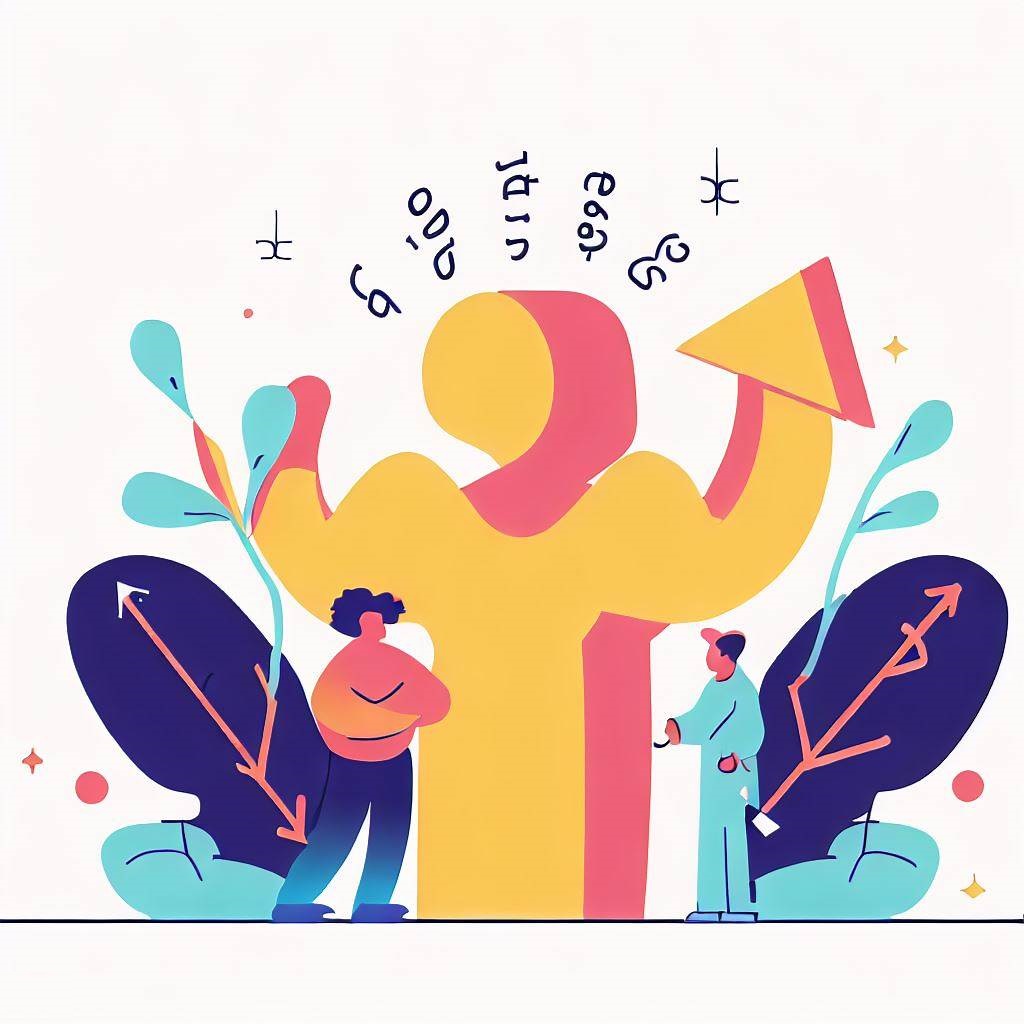Introduction
Self-confidence is a crucial ingredient for personal and professional growth. It’s important to recognize that mistakes are not failures, but opportunities to learn and improve. In this blog post, we’ll discuss seven ways to learn from mistakes and grow self-confidence to become a better version of yourself.
Tip 1: Use Your Mistakes as Feedback and Learn from Mistakes
Mistakes can serve as valuable feedback if you view them as constructive criticism. They help you identify your strengths and weaknesses, ultimately improving your performance. So, next time you make a mistake, ask yourself, “What can I learn from this?” This approach can help you gain self-awareness and grow your confidence. Mistakes and feedback A Students make mistakes provides further insights on using mistakes as feedback.
Tip 2: Analyze Your Mistakes Objectively and Learn from Mistakes
To effectively learn from mistakes, it’s crucial to avoid emotional reactions and cognitive biases that can distort your perception. Some common cognitive distortions include catastrophizing, black-and-white thinking, and overgeneralization. To overcome them, practice self-reflection and challenge your negative thoughts. This page from Harvard Health, How to recognize and tame your cognitive distortions
Tip 3: Learn from Mistakes Effectively
Setting SMART goals (Specific, Measurable, Achievable, Relevant, Time-bound) based on your mistakes can help you create effective action plans. For instance, if you struggle with time management, set a SMART goal like, “I will use a planner to schedule my tasks and allocate time for each task for the next month.” This SMART goals article from University of California, explains in more detail.
Tip 4: Avoid Repeating Your Mistakes
Utilize the PDCA cycle (Plan, Do, Check, Act) to monitor your progress and evaluate your results. This iterative process helps you refine your approach and avoid repeating the same mistakes. For example, if you often forget important tasks, use the PDCA cycle to develop and improve a reminder system. This How to Use the PDCA Cycle to Speed Up Team Problem-Solving Sessions by Amanda Athuraliya offers a comprehensive guide on the PDCA cycle.
Tip 5: Apologize for Your Mistakes Sincerely
Genuinely expressing remorse and taking responsibility for your mistakes can help you earn respect and trust from others. An effective apology includes acknowledging the mistake, expressing remorse, and offering to make amends. Conversely, an ineffective apology may minimize the issue or shift blame. Elements of an Effective Apology gives some basic components of an effective apology.
Tip 6: Forgive Yourself and Others for Your Mistakes
Letting go of guilt, shame, and resentment is essential to move forward after making a mistake. Practicing self-compassion and empathy can help you forgive yourself and others. Remind yourself that everyone makes mistakes and focus on learning and growth. This page from the Greater Good Science Center at UC Berkeley provides more information on forgiveness and its benefits.
Tip 7: Celebrate Your Progress and Achievements
Acknowledging and appreciating your efforts and
outcomes can boost your self-confidence. Take time to reward yourself and celebrate your successes, no matter how small they may seem. For instance, after achieving a SMART goal or successfully applying the PDCA cycle, treat yourself to a favorite meal or take a day off to relax. Recognizing and celebrating your progress can reinforce positive behaviors and help you stay motivated.
Conclusion
In summary, learning from mistakes and growing self-confidence is an ongoing process. By using your mistakes as feedback, analyzing them objectively, setting SMART goals, applying the PDCA cycle, offering sincere apologies, practicing forgiveness, and celebrating your progress, you can turn setbacks into opportunities for personal growth. Embrace these strategies, and you’ll find yourself becoming more confident and resilient. We encourage you to apply these tips and share your feedback with us. Remember, every mistake is an opportunity to learn, grow, and become a better version of yourself.
